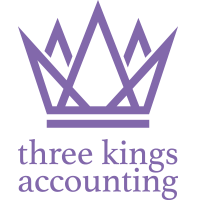We consider the rules for unincorporated businesses which, from 2024/25, require them to calculate their profits for tax purposes on a cash basis rather than the accruals basis.
However, it is important to note that, although cash basis is the default position for all self-employed businesses, they can make a one-off election to use the accruals basis.
Certain businesses, including Limited Liability Partnerships, those involving a corporate partner, Lloyd’s underwriters and those eligible individuals who wish to continue to claim averaging of profits e.g. farmers cannot use the cash basis.
Accruals basis and cash basis
One example which illustrates the difference between the accruals basis and cash basis is that credit sales are included in the accruals basis accounts income despite the fact that the customer may not have paid for the goods or services by the end of the accounting period. Under the cash basis the business is taxed on its cash receipts less allowable cash payments made during the accounting period. Under the cash basis, credit sales are accounted for and taxed in the year in which they are paid for by the customer.
Key tax points
Cash receipts
Cash receipts literally mean all cash receipts that the business receives during the accounting period. As well as trading income this will also include the proceeds from the sale of any plant and machinery. If a customer does not pay what is owed by the accounting year end then it will not be taxable until the next year when it is actually received by the business.
What deductions are allowable?
In terms of what deductions can be claimed the main rules are that the expenses must have been actually paid in the accounting period as well as being incurred wholly and exclusively for the purposes of the trade.
As is the case with calculating taxable profits generally for a business no deductions are allowed for items which are of a capital nature such as the purchase of property. However, under the cash basis the costs of most plant and machinery can be included as a deduction. One key exception is the purchase of cars but capital allowances would remain available.
Relief for interest payments
Generally, interest costs will be deductible but no relief is available for a tax year for interest paid by a person on a relevant loan if the partnership to which the loan relates uses the cash basis for its property business.
A ‘relevant loan’ is a loan to buy plant or machinery for partnership use or to invest in a partnership unless it is used for purchasing a share in a partnership.
The use of losses
If the business incurs a loss then under the cash basis this can be used in the same manner as businesses using the accruals basis.
Joining and leaving cash basis
In order to ensure that income is taxed and expenses are relieved ‘once and once only’ special calculations are needed on entering or leaving the cash basis. There are also special capital allowances rules for such situations.
How we can help
In summary, as you can see there is more to the cash basis than might be expected and we would be happy to review your circumstances to see if this would be suitable for you and your business. Please contact us if you would like any further information.


